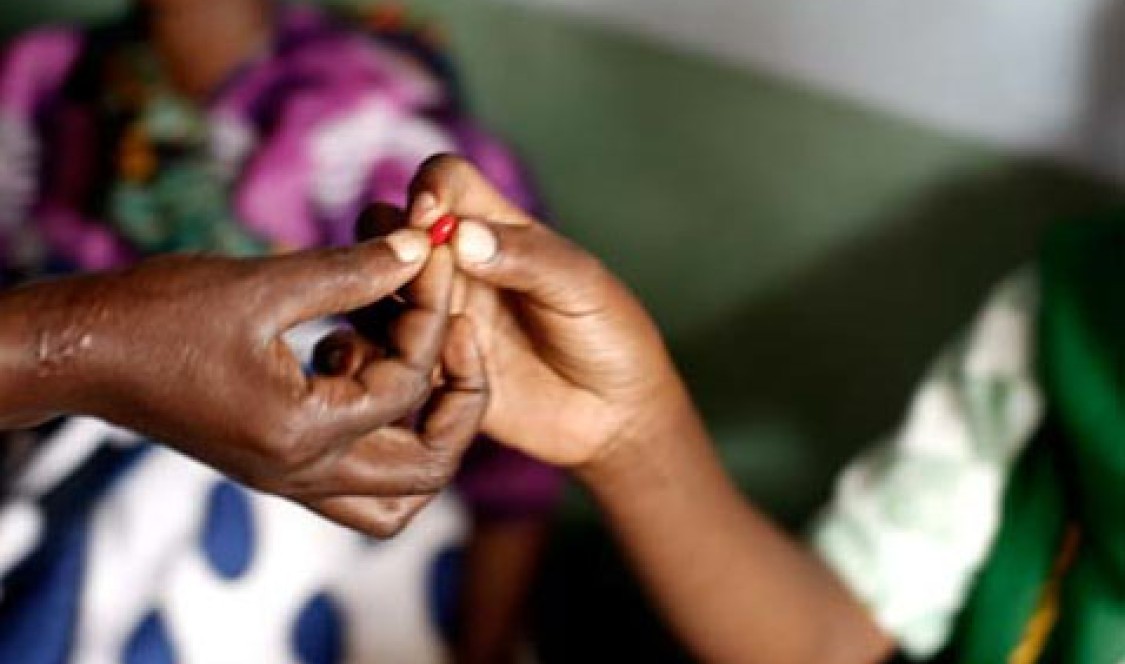Founded in 1915 by Helen Keller and George Kessler, Helen Keller International (HKI) is among the oldest international nonprofits devoted to preventing blindness and reducing malnutrition. Headquartered in New York City, HKI works in 22 countries around the world. In the U.S., Helen Keller International combats vision impairment by providing impoverished and at-risk school children free vision screenings and prescription eyeglasses, in many cases mitigating poor academic performances. Its screening programs in Los Angeles County have resulted in over 216,000 vision screenings and close to 22,000 pairs of free prescription eyeglasses to schoolchildren in need.
“It is an incredible honor and a privilege to have been selected for the Kravis Prize,” said Kathy Spahn, President and CEO of Helen Keller International. “In addition to recognizing the successes we have achieved in saving sight, improving health and reducing child mortality, this award celebrates the importance of sharing the practices behind those successes so that the impact of the work – saving sight and lives – can be multiplied.”
"Helen Keller International’s worldwide expansion benefitting the most vulnerable populations is a testament to HKI’s real and measurable impact,” said Henry R. Kravis ’67, co-founder of Kohlberg Kravis Roberts & Co. L.P., and founder of the Kravis Prize. “There is much to be learned from Helen Keller International’s transformative and encouragingly successful work. Their research in nutritional blindness more than four decades ago revealed how something as simple as a vitamin A capsule could mean the difference between sight or blindness––between life and death,” Mr. Kravis said.
Marie-Josée Kravis, chair of the Kravis Prize Selection Committee, said HKI’s leadership in this area has been pivotal. “This nonprofit’s irrepressible, extraordinary human spirit is only matched by its dedication to the exceptional work continued by its torch bearers, despite challenging realities. We are grateful for their remarkable work to change lives all over the world, including the lives of young people right here in U.S.”
Of the estimated 285 million people who are blind or visually impaired, 80 percent of cases are preventable, according to The World Health Organization. Nearly two billion people suffer from malnutrition caused by a lack of basic nutrients, which stunts physical and mental health and causes blindness. Each year, an estimated 500,000 children go blind as a result of vitamin A deficiency. The deficiency also compromises the immune system and can increase the risk of diseases such as malaria, diarrhea and measles. As such, half of those children will die within twelve months of going blind.
HKI has been reducing blindness and child mortality through the distribution of vitamin A capsules to children and lactating mothers around the world since 1972. Last year alone, HKI reached 50 million children in Africa and Asia by providing them twice-yearly life- and sight-saving treatments of vitamin A, for just $1 per child per year. The World Health Organization estimates that vitamin A supplementation reduces deaths in children ages 6 to 59 months by nearly 25 percent.
In addition to vitamin A and mineral supplementation, Helen Keller International works to prevent blindness by training medical staff to perform corrective surgeries to treat bacterial eye infections and in fighting Neglected Tropical Diseases (NTDs). Its Homestead Food Production program teaches gardening and nutritional self-sufficiency and has benefited more than one million households in Africa and Asia. Together, HKI’s cost-effective programs are preventing malnutrition and infections and diseases, restoring vision, improving learning opportunities, and reducing mortality rates among millions of the world’s most vulnerable people.
Read more about the Kravis Prize and best practices of its recipients in the Stanford Social Innovation Review: www.ssireview.org/nonprofit_fundamentals
About The Kravis Prize
Established in 2006, The Henry R. Kravis Prize in Leadership conducts a rigorous due diligence and selection process to choose an annual recipient. A formal Award Ceremony celebrates the recipient’s accomplishments and $250,000 is directed to a nonprofit organization designated by the recipient. The Prize aspires to impact the nonprofit sector overall by lauding strong performances and sharing recipients’ best practices with others.
The Prize is administered by Claremont McKenna College and Marie-Josée Kravis and Henry R. Kravis. Mrs. Kravis, an economist, is a Senior Fellow of the Hudson Institute; Mr. Kravis, founding partner of Kohlberg Kravis Roberts & Co., is an alumnus and trustee of Claremont McKenna College. The Prize is affiliated with the Kravis leadership Institute, one of CMC’s 11 distinguished research institutes. To learn more about Claremont McKenna College, please visit the College’s website.
About Helen Keller International
Founded in 1915, Helen Keller International’s mission is to save the sight and lives of the most vulnerable and disadvantaged. HKI combats the causes and consequences of blindness and malnutrition by establishing programs based on evidence and research in vision, health and nutrition.
Learn more about HKI at: http://www.hki.org

